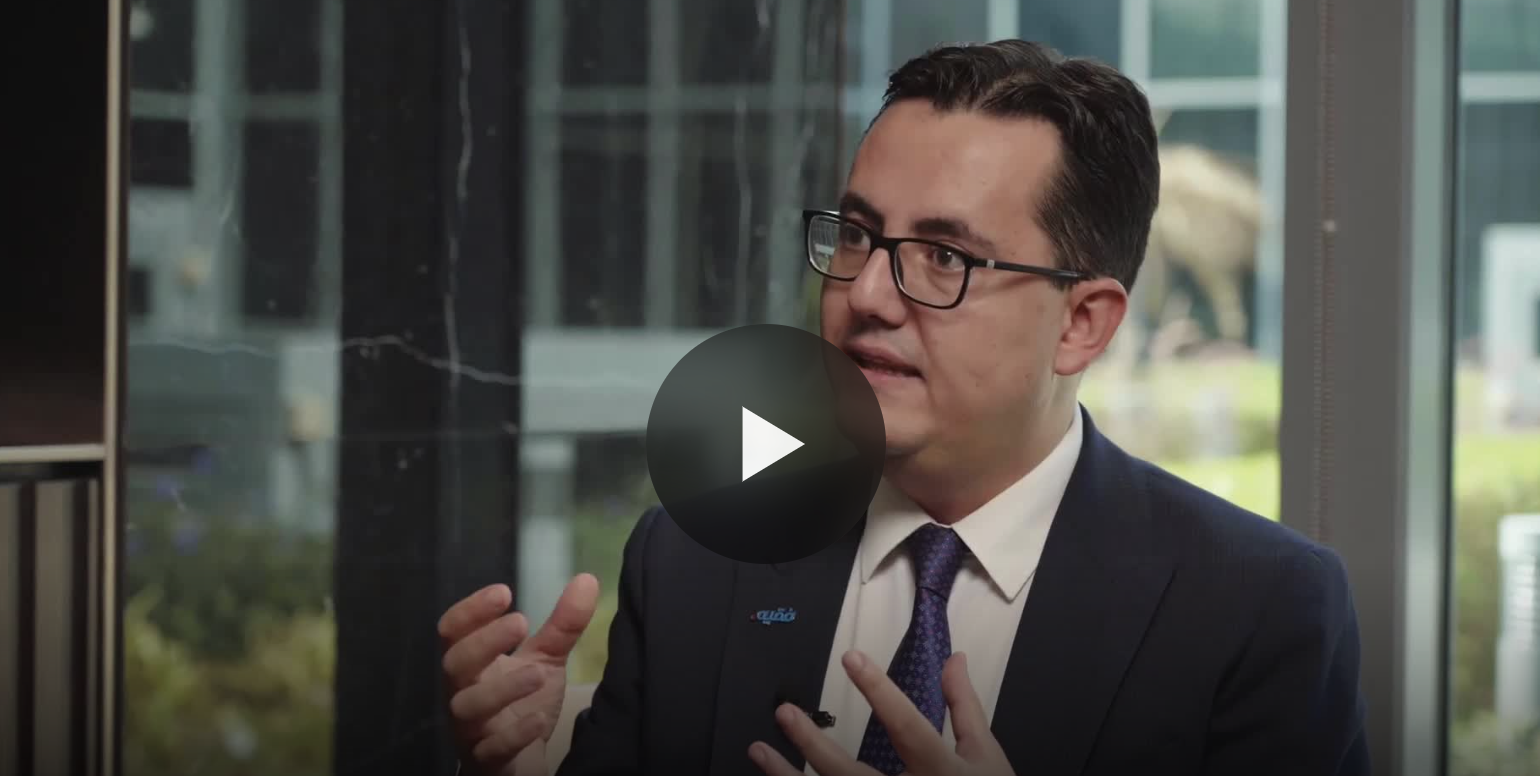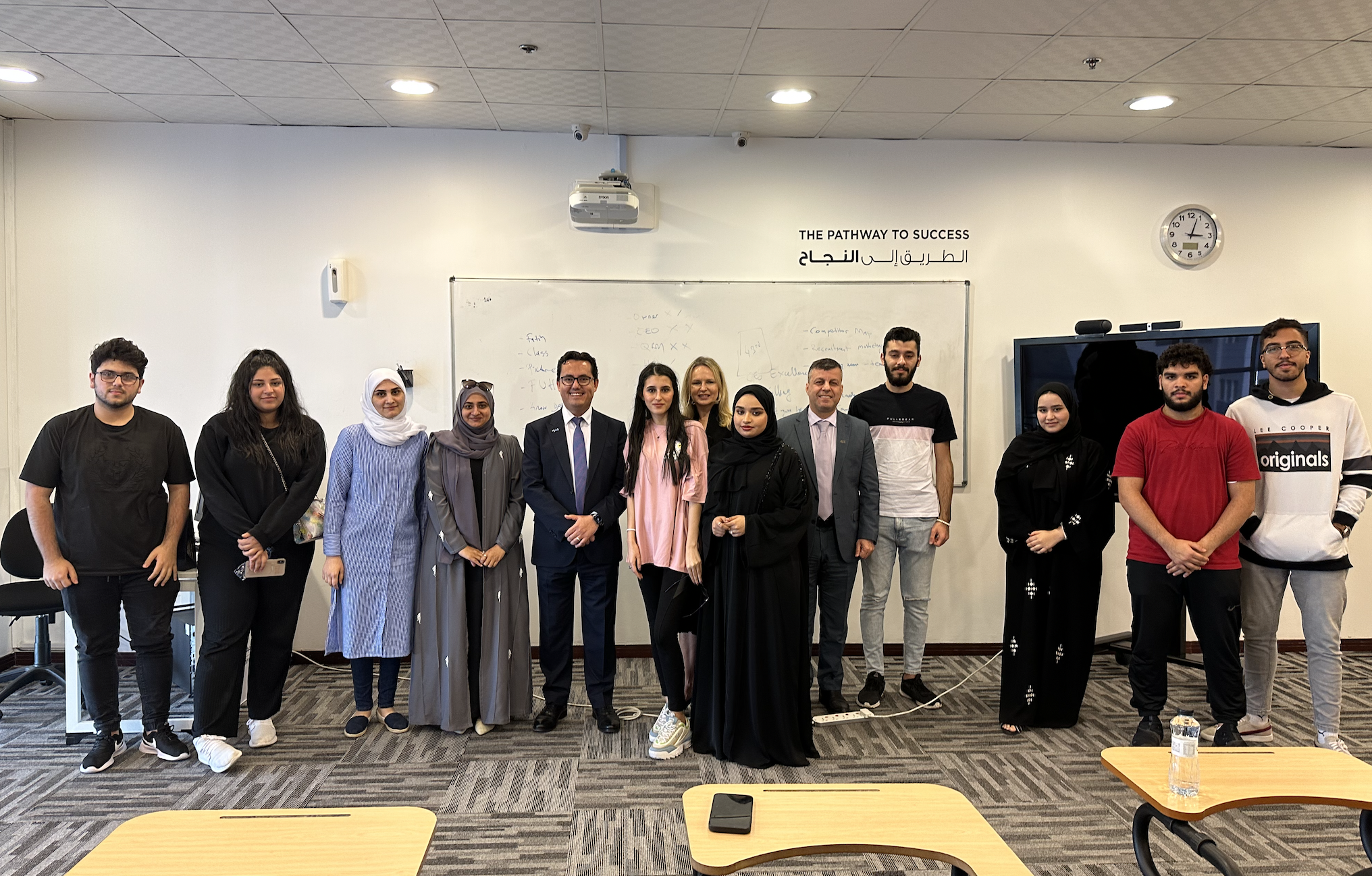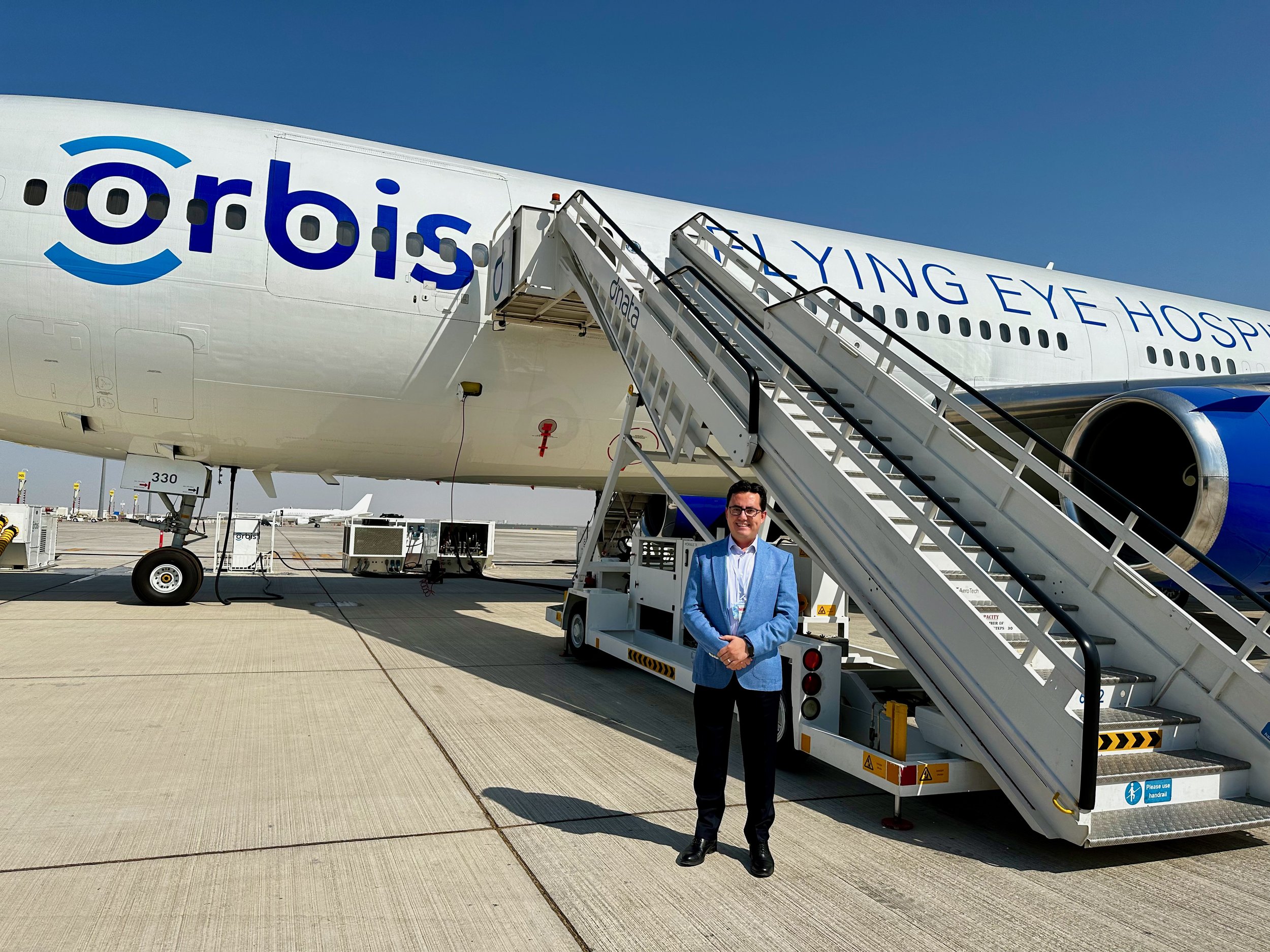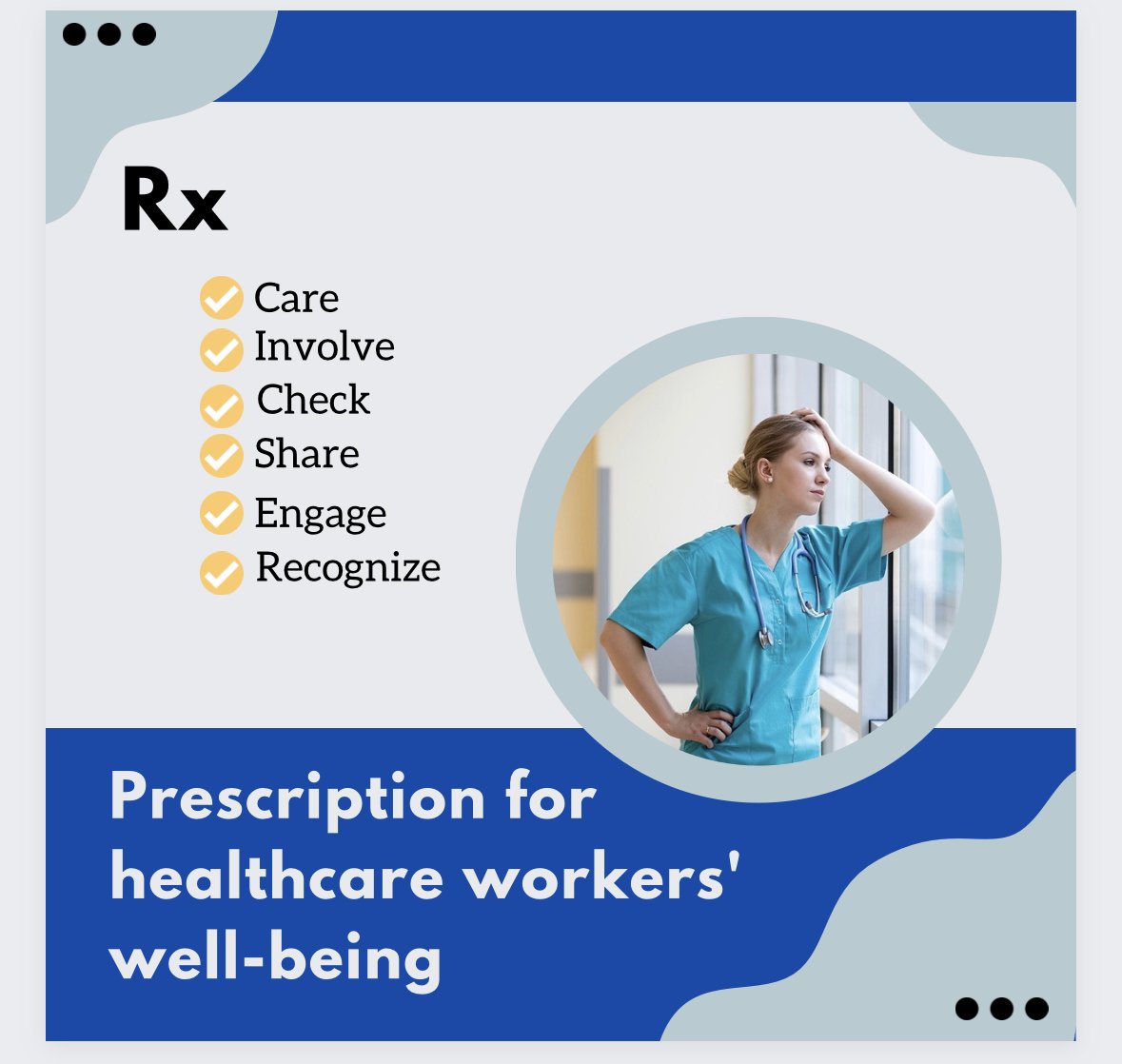Doctor, Doctor! Can You See Me Now? - The Rise of Telemedicine in Healthcare
We must prioritize creating more accessible, affordable, and trustworthy telemedicine offerings for both providers and consumers. This requires a sustained commitment to high-quality, responsible care delivery, and a balanced approach to incorporating telemedicine into traditional care. The increase in telemedicine adoption is likely bolstered by supply-side and demand-side dynamics. Provider organizations see telemedicine visits as a means to improve appointment efficiency, elevate professional satisfaction, and expand patient reach.
The Future of Healthcare: Harnessing the Power of AI
I've been using ChatGPT for three months and, as a hospital manager, I've found it quite useful in handling daily duties including data review, communication, planning, and follow-up. The more I teach it, the better it becomes, and the more interested I am to see what else we can accomplish with it. According to scientists, artificial intelligence (AI) is a boost to the human workforce, thinking, and planning, and it will certainly become an invaluable companion in our everyday lives in the future.
Navigating Mental Health After Disasters: Recommendations for All
Disasters can be traumatic and have long-term consequences on people's mental health. Whether the disaster is natural, such as an earthquake, or man-made, the aftermath can be overwhelming for survivors. At the same time, individuals on the front lines of saving lives, such as medical professionals and first responders, might be affected by the trauma they witness. I'd would like to share a handful of suggestions for dealing with mental health issues during these challenging circumstances.
Promoting Sustainability in Healthcare: From Stakeholder Engagement to Building Management and Governance
There are many ways for hospitals and clinics to improve sustainability within the healthcare industry. By focusing on employer fairness, building management, and governance, healthcare providers can create a more equitable and sustainable industry for all. By incorporating ESG criteria into their decision making process, healthcare providers can ensure that they are making the best decisions for the environment, society, and its stakeholders.
International patients need special treatment
Whether it is a treatment requiring a shorter stay or longer-term care, patients and caregivers may experience increased anxiety. A big part of supporting such patients traveling overseas for medical care is anticipating their non-medical needs well in advance and working to provide the desired support and alleviate any anxiety around visas, travel, and accommodation.
Great meeting with the future healthcare leaders
Healthcare leaders can play a crucial role in supporting the future of the industry by sharing their experiences and engaging with young talent. By doing so, healthcare leaders can inspire and motivate the next generation of healthcare professionals, learn from their ideas and perspectives, and create a positive environment for young professionals to thrive. I encourage other healthcare leaders to consider adopting this model of sharing experience and knowledge in their own organizations.
Culture of recognition saves lives
To stay competitive, retain top talent, and deliver on the promise of healthcare results, it is no longer enough to offer the most advanced medical equipment and facilities and to hire the most qualified employees. A positive workplace culture is directly influenced by your recognition strategy. Recognition programs impact turnover and the employee experience.
Orbis Flying Eye Hospital brings together my passions: medical, aviation, and volunteerism
This initiative combines my passions and provides an excellent service to underprivileged people all across the globe. Orbis project teams called and offered me a tour of the flying eye hospital. It was a fantastic learning opportunity for me and an experience to see what individuals can accomplish when they work together for a good cause.
There are 338 million individuals worldwide who are blind or have moderate-to-severe visual impairment. 77% of these are totally avoidable or curable.
Prescription for healthcare workers' well-being; Care, Involve, Check, Share, Engage, Recognize
The well-being of health staff has a direct impact on patient safety, result, operational efficiency, and sustainability. We have noticed an increase in burnout instances globally during pandemics, although burnout in healthcare was always an issue prior to Covid. Burnouts can be caused by dynamic changes in care models, staff shortages, and a variety of socioeconomic, cultural, structural, and organizational factors.








